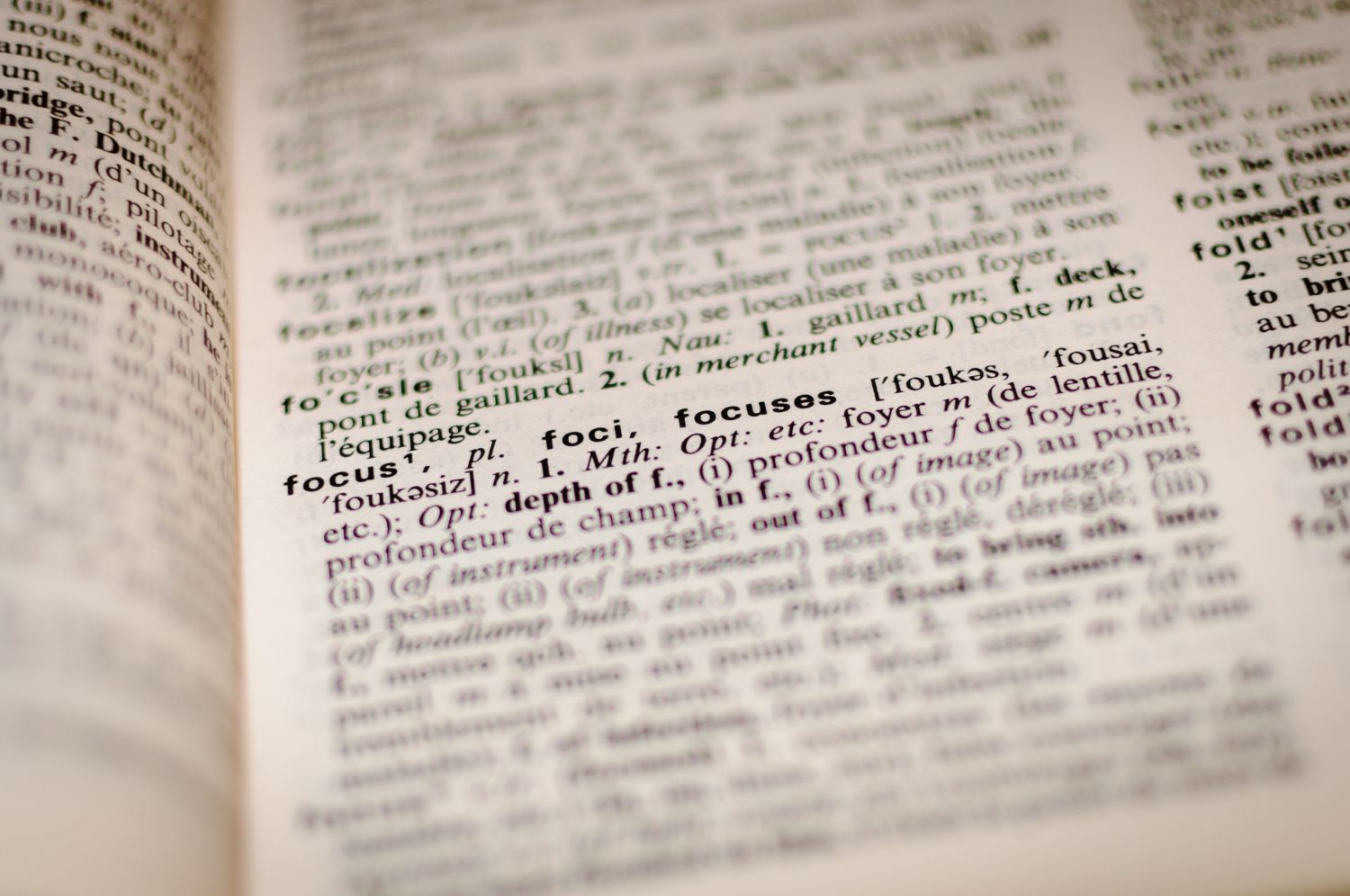Photo by Andrew Neel on Unsplash
You’ve written a book. You know it could benefit from feedback, but you’re not sure you need or want a full edit yet. Before you set aside the time and money for a thorough edit of every page, you’d like general feedback (ideally, for a smaller fee).
Enter the manuscript critique, also known as a manuscript analysis, edit letter, or editorial letter.
What Is a Manuscript Critique for a Nonfiction Book?
A manuscript critique is “big picture” feedback on your book, provided by an editor with expertise in storytelling, organization, and prose.
You won’t see a lot of Track Changes or red marks with this level of analysis; it’s not the nitty gritty page-by-page edit. Rather, your critique editor will read your book one or two times, then give you a thoughtful accounting of its major strengths and weaknesses. This report is called an edit letter.
Personally, I love creating edit letters for authors. I find critique to be a wonderful way for me and my authors to develop mutual rapport and trust before deciding if we want to work together in greater depth (and to what degree).
For example, in some cases a critique can lead to a more hands-on relationship than a developmental edit. Some authors may decide that they need a book doctor or ghostwriter to help them complete their books according to their visions. Time constraints and deadlines may also point to the need for more hands-on help.
The critique is a chance to explore possibilities. It allows the author and editor a low-risk opportunity to get to know each other and decide if this level of partnership benefits the project.
How Manuscript Critique Works
Here’s what my manuscript critique process looks like. I work mainly with nonfiction books: how-to, self-help, business books, and health books for general readers.
First, we agree to a flat fee based on the word count of the book. After receiving my deposit, the author emails, shares, or Drop Boxes the document to me and I begin work.
Second, I read the manuscript carefully, making a few select margin notes as I go (e.g., in Track Changes in Word, or comments in Google Docs).
Third, I write a 4 to 10 page edit letter that lists any major issues I find. For example, if I see major, consistent grammar issues, I will pick one or two examples to be representations of the issue, then I’ll show the author how to fix it. I divide the editor letter into 7 sections addressing different issues such as:
- Structure: table of contents, organization of material, order of chapters, etc.
- Voice: How is the quality of the prose? Is the way the author is talking to the reader appropriate and appealing?
- Mechanics: Is the author using grammar and punctuation properly?
Often, I include additional insights on other aspects like marketing hooks and feedback on sidebars, takeaways, case studies, or back matter (appendices, footnotes, etc.).
Every edit letter ends with a summary and next steps.
Finally, with this manuscript critique in hand, the author implements suggestions with which he or she agrees. The author always retains the right to accept or reject my suggestions.
Why should you get a manuscript critique or analysis for your nonfiction book?
The critique process can be immensely valuable for writers: you’re paying a highly-skilled beta reader to tell you how you stack up to other, similar books in your field or niche. This reader has an understanding of what’s out there on the market, and she knows how your book should look and sound if it’s going to be taken seriously.
But here’s the most important part: your critique editor is not your relative, spouse, child, or friend. She’s not your co-worker or colleague. She can be honest and objective in a way that others may not be.
Therein lies the chief value of a manuscript critique: actionable, unbiased feedback on what you’ve written. Editors want you to succeed on your own terms: to say what you intend to say in a style that your readers will want to read. Your manuscript critique will give you a detailed road map telling you how to get closer to achieving that goal.
Would you like a manuscript critique?
Get in touch today to discuss your project.


